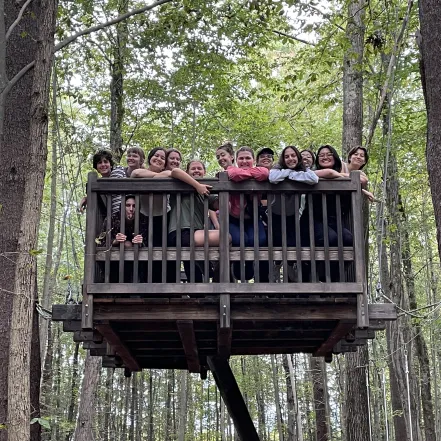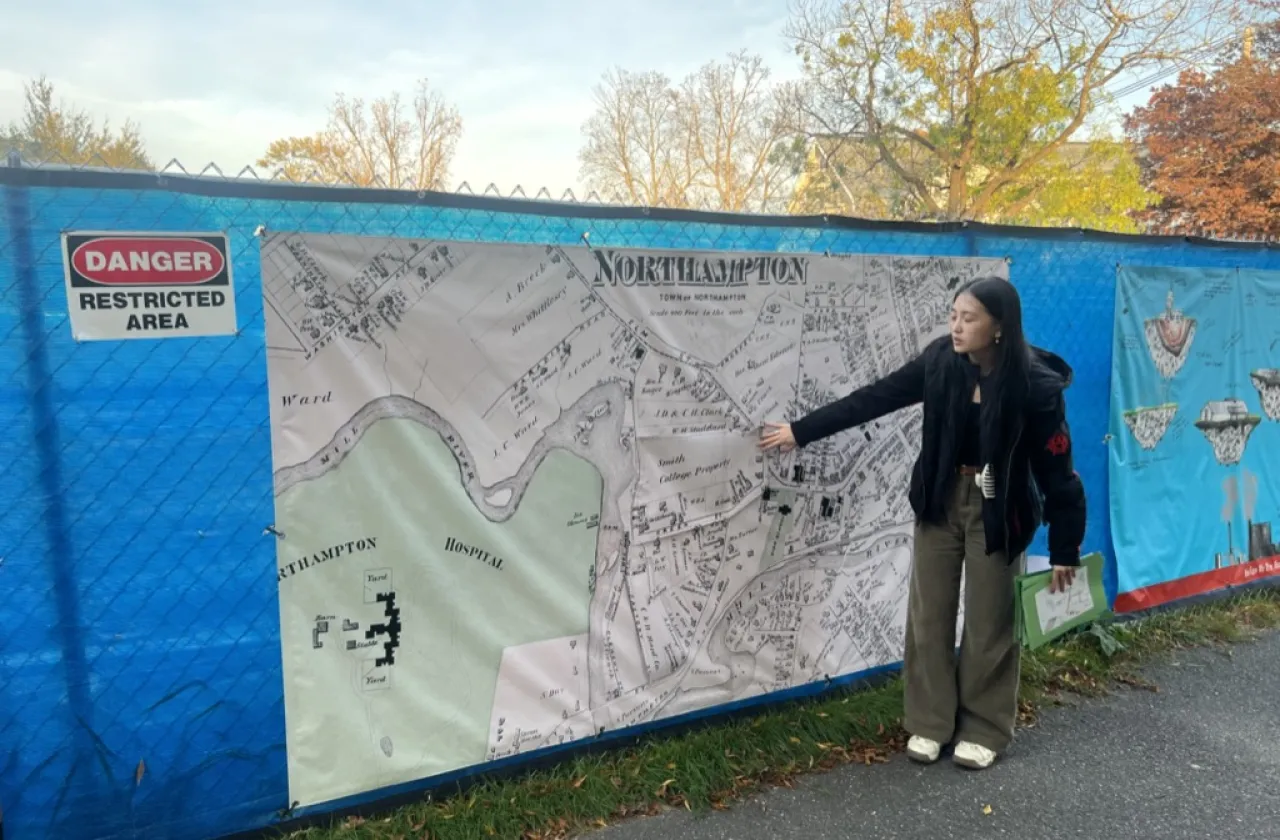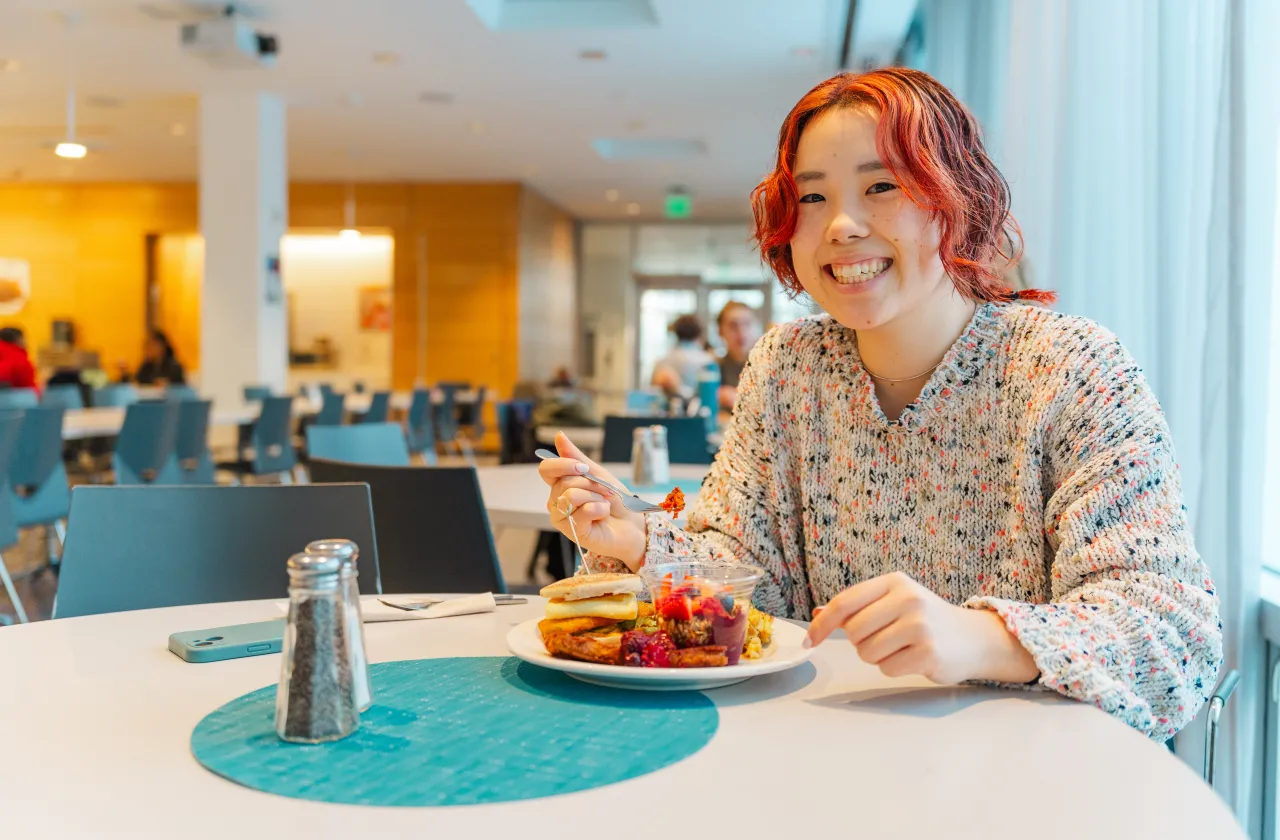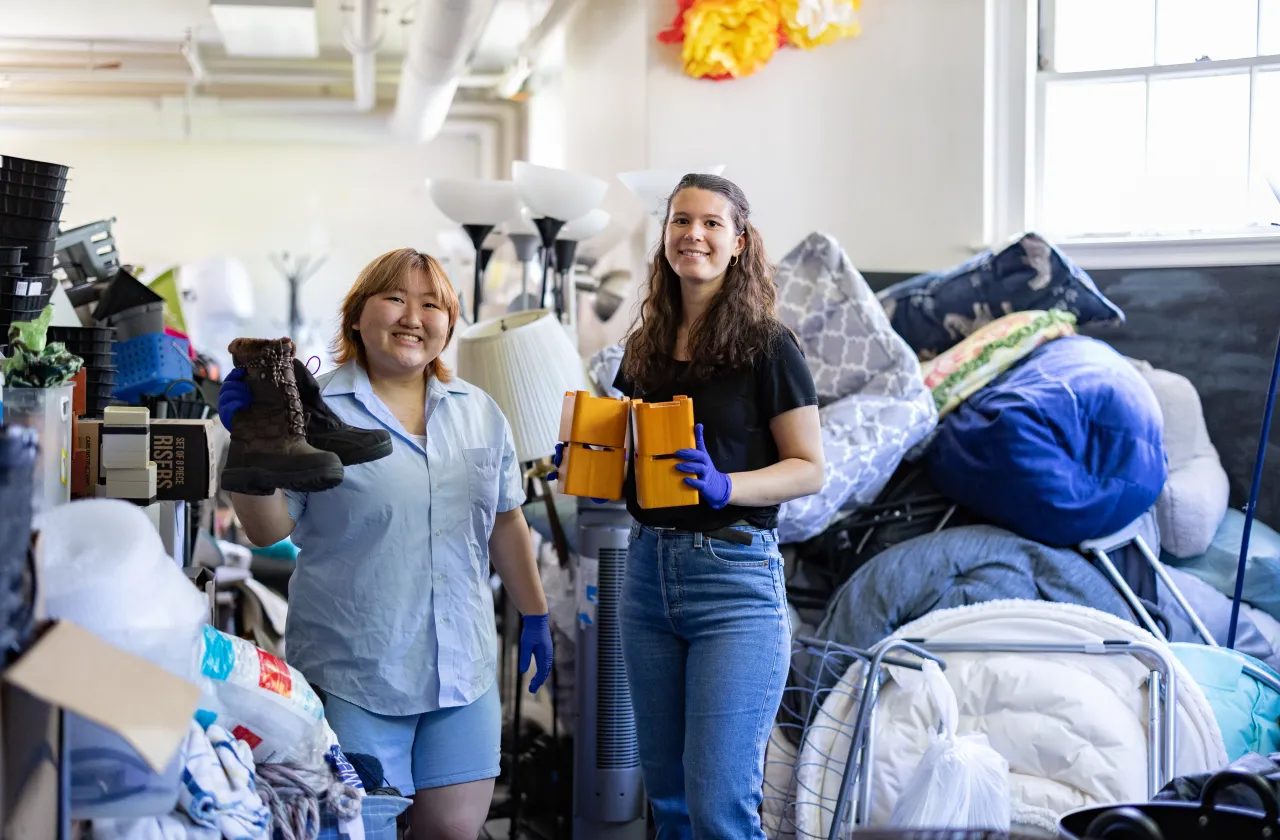Action & Impact
Smith College’s sustainability work is informed and led by a set of strategic plans and policies including the college’s Strategic Plan, the Study Group on Climate Change Recommendations, existing and emerging goals and actions for equity and inclusion, and more.
Action
How does sustainability happen at Smith College? Through the energy, investment, wisdom and trust of diverse stakeholders. There is no one path to a sustainable future, but today’s decisions will have an impact; it is up to all of us to make it a positive one. Through the following efforts, CEEDS and our Smith partners work together to protect the natural, built and human resources that sustain us all.
Leading the Charge
Smithies are passionate about sustainability and environmental justice. Through student organizations, they teach their peers about the environment and start initiatives to make our campus more sustainable. They also work with other colleges and groups to work on issues that impact the local community.
Check the Smith Social Network for an up-to-date list of active student organizations. Take a look at a few examples of what students have been working on (and how to get involved)!



